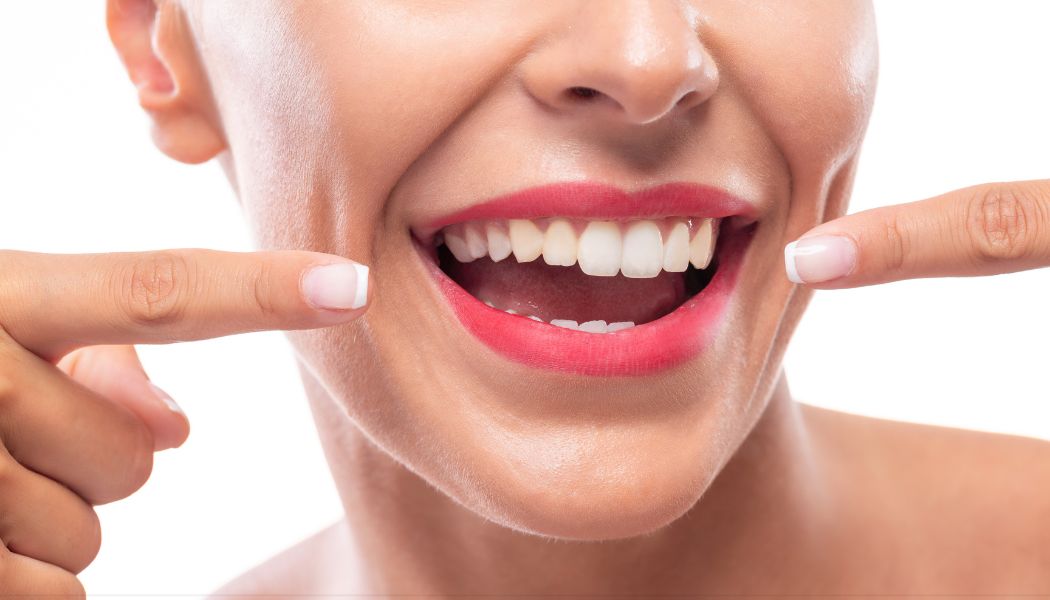Say No to Stains
Some drinks contain pigments, acids or sugars that can stick to the surface of your teeth, causing stains over time. To help, consider trying Parodontax, a toothpaste designed to help remove plaque and stains, promoting healthier gums and whiter teeth.
8 Drinks to Avoid for Stain-Free Teeth
1. Coffee
Coffee is one of the most common culprits when it comes to teeth staining. Its dark color and acidity can penetrate the enamel, leaving yellow or brown stains. If you drink coffee regularly, try cutting back or drinking it through a straw to reduce contact with your teeth. Also, rinsing your mouth with water afterward can help minimize staining.
2. Tea
Tea, especially black tea, can also stain teeth. It contains tannins, which are compounds that cause staining. Even though green and herbal teas are lighter, they can still have the same effect over time. If you enjoy tea, opt for white or lighter-colored teas and drink them sparingly to keep your teeth whiter.
3. Red Wine
Red wine is known for its deep color, and its acidity can make your teeth more prone to staining. The dark pigments in the wine stick to your enamel, creating tough-to-remove stains. If you’re enjoying a glass of red wine, drink water in between sips to wash away some of the stain-causing elements.
4. Soda
Soda is bad for your teeth in several ways. Its high sugar content feeds the bacteria that cause plaque and cavities, and its acidity erodes enamel, making your teeth more vulnerable to staining. Both dark sodas like cola and lighter sodas can lead to discoloration. If you need a fizzy drink, consider sparkling water without added sugars or acids.
5. Sports Drinks
Sports drinks are often highly acidic and contain artificial colors, both of which can cause teeth staining. In addition to staining, the acids in these drinks can also wear away your enamel, leading to more damage. To avoid this, stick to water when you’re exercising.
6. Fruit Juices
Some fruit juices, like grape and cranberry juice, have deep pigments that can stain your teeth. Even lighter juices like orange or apple juice are high in acid, which can erode enamel and make teeth more prone to staining. Instead of drinking fruit juice, try eating whole fruits or diluting the juice with water to reduce its staining effects.
7. Dark Beer
Just like red wine, dark beer can leave stains on your teeth due to its color and acidity. The darker the beer, the more likely it is to stain your teeth over time. If you’re a beer drinker, opting for lighter varieties can help reduce the risk of staining.
8. Balsamic Vinegar
While balsamic vinegar is technically not a drink, it’s often consumed as a salad dressing or in marinades. Its dark color and acidity can easily cling to your teeth, causing stains. To reduce its impact, consider mixing balsamic vinegar with lighter vinegars or rinsing your mouth with water after eating foods that contain it.
Tips to Prevent Staining
If you’re concerned about keeping your teeth stain-free, here are a few tips to help:
- Drink through a straw: This can limit the contact of staining drinks with your teeth.
- Rinse with water: After consuming stain-causing drinks, swish water around your mouth to wash away the pigments.
- Brush and floss regularly: Maintaining good oral hygiene is essential in preventing stains.
- See your dentist regularly: Professional cleanings can help remove surface stains and keep your teeth healthy.
- Parodontax: Parodontax is a toothpaste specifically designed to help prevent gum disease, reduce bleeding gums and improve overall gum health. It contains a unique combination of minerals, including sodium bicarbonate, which helps neutralize plaque acids and effectively remove bacteria. Parodontax is also formulated to remove stains on teeth, promoting a healthier and brighter smile when used regularly.
By avoiding these drinks or consuming them in moderation, you can help keep your teeth bright and free from stains. A few simple lifestyle changes can go a long way in preserving your smile!
Read on to learn about the worst drinks for people with macular degeneration.

